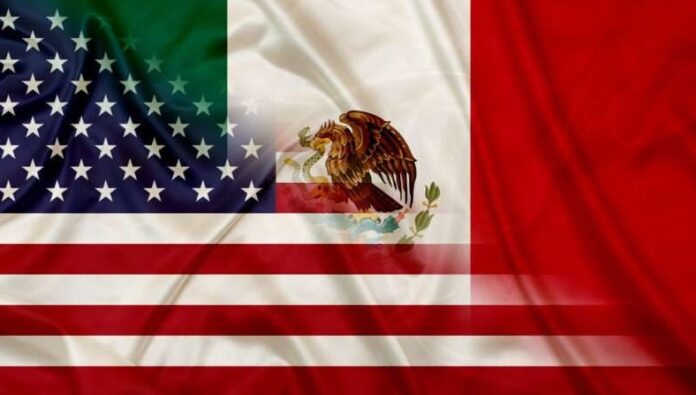For the first time in over 80 years, the United States has denied Mexico’s request for water from the Colorado River, sparking heightened tensions over a longstanding bilateral water-sharing agreement.
The U.S. State Department cited Mexico’s failure to comply with the 1944 treaty governing water-sharing between the two nations as the reason for the rejection. Under the treaty, Mexico is required to deliver 1.75 million acre-feet of water from the Rio Grande to the U.S. every five years, while the U.S. provides 1.5 million acre-feet of water annually to Mexico from the Colorado River.
By the end of 2024, Mexico had delivered only a fraction of its obligations—25% of the required amount—for the current five-year period, which concludes in October. Severe droughts have plagued Mexico for years, intensifying water scarcity and straining its agricultural sector. According to the Bank of Mexico, agricultural production nationwide dropped by 6.1% in early 2024, with activity in key border states such as Chihuahua, Coahuila, and Nuevo León declining by 3.3%. The Mexican government has requested emergency water allocations to address the crisis.
President Claudia Sheinbaum announced that Mexican officials, including the International Boundary and Water Commission and the national water utility Conagua, are working to resolve the dispute with their U.S. counterparts.
This diplomatic rift is not unprecedented. The treaty has repeatedly been a flashpoint in U.S.-Mexico relations, most notably in 2020 when Mexican farmers protested against water deliveries to the U.S. amid severe drought conditions.
In 2024, late water payments from Mexico caused operational disruptions at the Rio Grande Valley Sugar Growers mill in Santa Rosa, Texas. At the time, Texas Agriculture Commissioner Sid Miller expressed frustration, stating, “Asking Mexico nicely for 20 or 25 years hasn’t worked. We’ve got to get their attention somehow—with some kind of sanctions. They’re going to have to feel the pain.” Calls for financial repercussions grew, with a bipartisan congressional delegation urging withholding U.S. funds from Mexico until compliance was restored.
Experts warn that the U.S. could be legally justified in its decision to deny Mexico’s request, but this move is likely to have broader implications. Mexico’s agricultural output, a major source of fresh produce for American consumers, could suffer greatly, exacerbating rising food prices already strained by tariffs.
Source: Yahoo News




